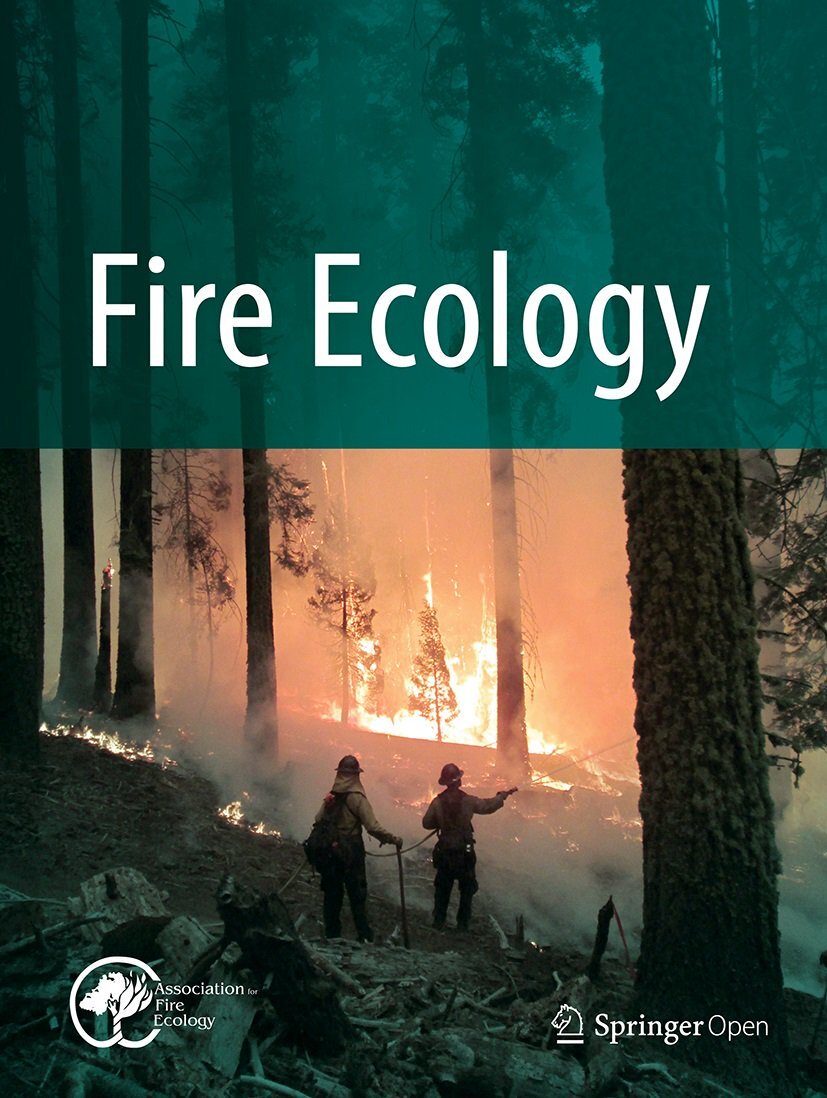The Fire and Habitat Ecology Lab in the Department of Fisheries, Wildlife, and Conservation Sciences at Oregon State University in Corvallis, Oregon is recruiting for a funded PhD student position in rangeland fire ecology to begin Spring term 2024 (March) under the direction of Dr. Lisa Ellsworth. Our research group focuses on the synergistic impacts of wildfire, climate change, invasive species, and altered disturbance regimes on the composition and structure of rangeland ecosystems, wildlife habitats, and future fire potential. Our group collects new field data, uses existing long-term vegetation, fuel, and climate data, and uses fire behavior and spatial modeling to answer questions that inform the management, conservation, and restoration of sagebrush-dominated ecosystems. This position will be part of the broader SageSTEP (Sagebrush Treatment Evaluation Project; https://sagestep.org/) research efforts.
RESEARCH FOCUS: The successful candidate will work as a member of the SageSTEP research team, a large collaborative research group that works on long-term vegetation and fuels data across the Intermountain West. Candidate’s dissertation will include chapters on 1) fuels accumulation and potential fire behavior and 2) combustion properties of rangeland plant materials. 1-2 additional first-author chapters are expected based on student’s expertise and interests and may include spatial fire modeling, treatment durability, vegetation-climate feedback simulations, climate-smart fuel treatments, and/or gap dynamics. Major project collaborators are Dr. Melissa Lucash (University of Oregon), Dr. Eva Strand (University of Idaho), and Dr. Beth Newingham (Agricultural Research Service). Additionally, this person will work closely with colleagues at the US Geological Survey and the Bureau of Land Management.
QUALIFICATIONS: A background in arid ecosystems, landscape ecology, plant ecology, and/or wildfire science is required. A thesis-based masters in a closely-aligned field is typically required, but for experienced candidates with scientific publications this is occasionally waived. Candidates must be well-versed in quantitative methods, including R, GIS, and statistical methods. Experience and/or coursework in fire modeling, remote sensing, and/or science communication is desired.
EXPECTATIONS: The successful candidate will be expected to collect field data at remote research sites, conduct experimental burns at a partner institution, mentor undergraduate students and/or field technicians, serve as a teaching assistant at Oregon State University, and participate in an active and collaborative lab community. They will conduct high-quality research, presenting in-progress research to collaborative teams and research results to management partners and the scientific community. They will publish research in peer-reviewed scientific journals and contribute to management-oriented outputs such as webinars, field guides, and field tours.
TIMELINE: The position will ideally begin in Spring term (March) 2024 but Summer (June) 2024 is a possibility for the right candidate and is contingent on acceptance into the Department of Fisheries, Wildlife, and Conservation Sciences, and the Oregon State University Graduate School.
FUNDING: Funding will be provided as a combination of research and teaching assistantships for three years. A 12-month stipend ($21,697), 90% of health insurance costs, and full tuition waiver will be provided.
HOW TO APPLY:
Candidates should apply by submitting the following to Dr. Lisa Ellsworth (lisa.ellsworth@oregonstate.edu) as a single pdf: 1) 1-pg letter of application including summary of research interests and career goals, 2) CV, 3) transcripts (unofficial ok), 4) contact information for three professional references, and 5) scientific publications or other writing samples.
Review of applications will begin October 30, 2023 and continue until a candidate is selected. I will contact potential students to discuss qualifications and research interests and goals if I think you may be a good fit for the lab. If selected based on our conversations, a full application will be submitted to the Department of Fisheries, Wildlife, and Conservation Sciences and Oregon State University. Please do not apply to the department or the university until I have contacted you and determined that you are a finalist.

